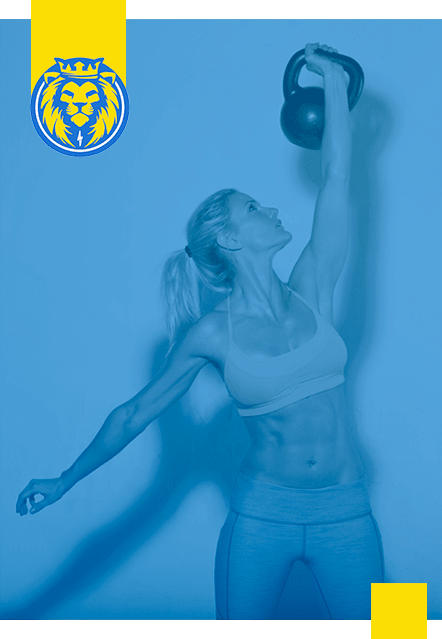
Results or Excuses… Not Both
If there is one thing most of us cannot stand is people making excuses, and if there is one thing we all do it is make excuses. Everyone does it, everyone has done it in the past and most everybody will continue to do so in the future. There are millions of quotes about excuses that bosses, trainers, parents and coaches have probably thrown at you in your life, and I could sit here and throw some gems at you like “make an effort, not an excuse” or “excuses are the nails used to build a house of failure” or my old coaches personal go to “excuses are like but holes, everyone’s got one and they stink”. The point is no matter how many clever sayings or quotes I throw at you it won’t change anything. It might make you feel bad, or maybe embarrassed or even like a failure, which is not what I want to do as a coach. My goal is not to break you down or make you doubt yourself because you have an excuse. My goal is to make you stop using excuses. So why do we make excuses then?
Psychologists will place excuse making in the self-handicapping zone, which is to say that excuses are a behavior that one will express that impedes on performance and on motivation. While an excuse is used as a distraction to hold us back from a task, but it is really from a deeper level of one’s desire to should ourselves from any type of anxiety or shame. Look at me getting all Freud like, but what does that have to do with being in the gym. How many times have you not gone to the gym because you were going to be late, maybe the alarm didn’t go off, maybe you hit snooze one to many times, what this is trying to say is that all you are doing is using excuse making as distraction from not wanting to upset maybe your coach or your training partners by being late when what you should be saying is better get there and work twice as hard to make up for the time I missed. For example, saying that you are not going to your workout because you have too much to do, or making dietary changes are just too hard and unfair, is really just a way of making you feel less burdened and less ashamed and unfortunately from a psychological stand point IT WORKS.
Now to be fair, studies at the university of Florida have shown that excuse making can be beneficial, What! Mind blown! well that is until I read on, and you should too, the study was showing that while certain excuses can protect self-esteem, lower depression and even boost one’s immune system, which in turn could lead to a better performance at the same task the next go around, as long as the excuse is maintainable and produces sympathy for the excuse maker. Once an excuse fails to hit these factors it becomes detrimental to one’s success. Everyone out there has had one of those days in the gym, not into it, not motivated, mind just is not right, and when you are being honest to yourself and admit it just isn’t in you today you are able to rebound the next day and often times want to perform at a higher level because you now have a cleared head. The opposite approach is saying things like; it is too hard, or I can’t do it, and I give up. These are the type of excuses that are self-handicapping and in the end will do nothing but undermine yourself mentally and too others.
When it comes to making a lifestyle change such as making exercise and eating right part of your daily life, it will be hard, it will challenge you and hell if it was easy everyone would do it. Just like any other place in your life when it comes to your workout, be honest with yourself and be honest with your coach, don’t use self-handicapping excuses, instead just be honest. Tell yourself, your workout partner or your coach that today just is not your day and you will be back tomorrow ready to work, and without any more motivation you will want to work harder, being driven intrinsically to succeed. At the end of the day you can either have excuses or you can have results, but you will never have both.

